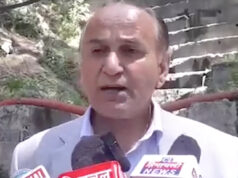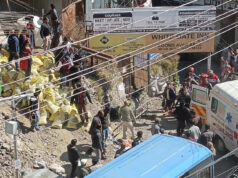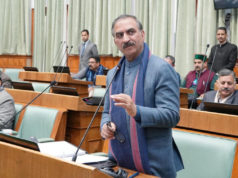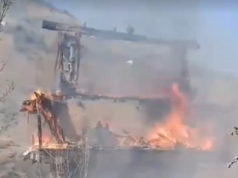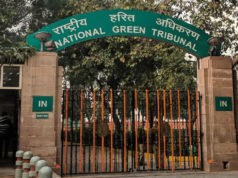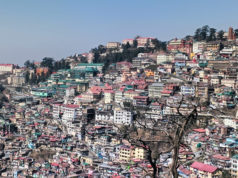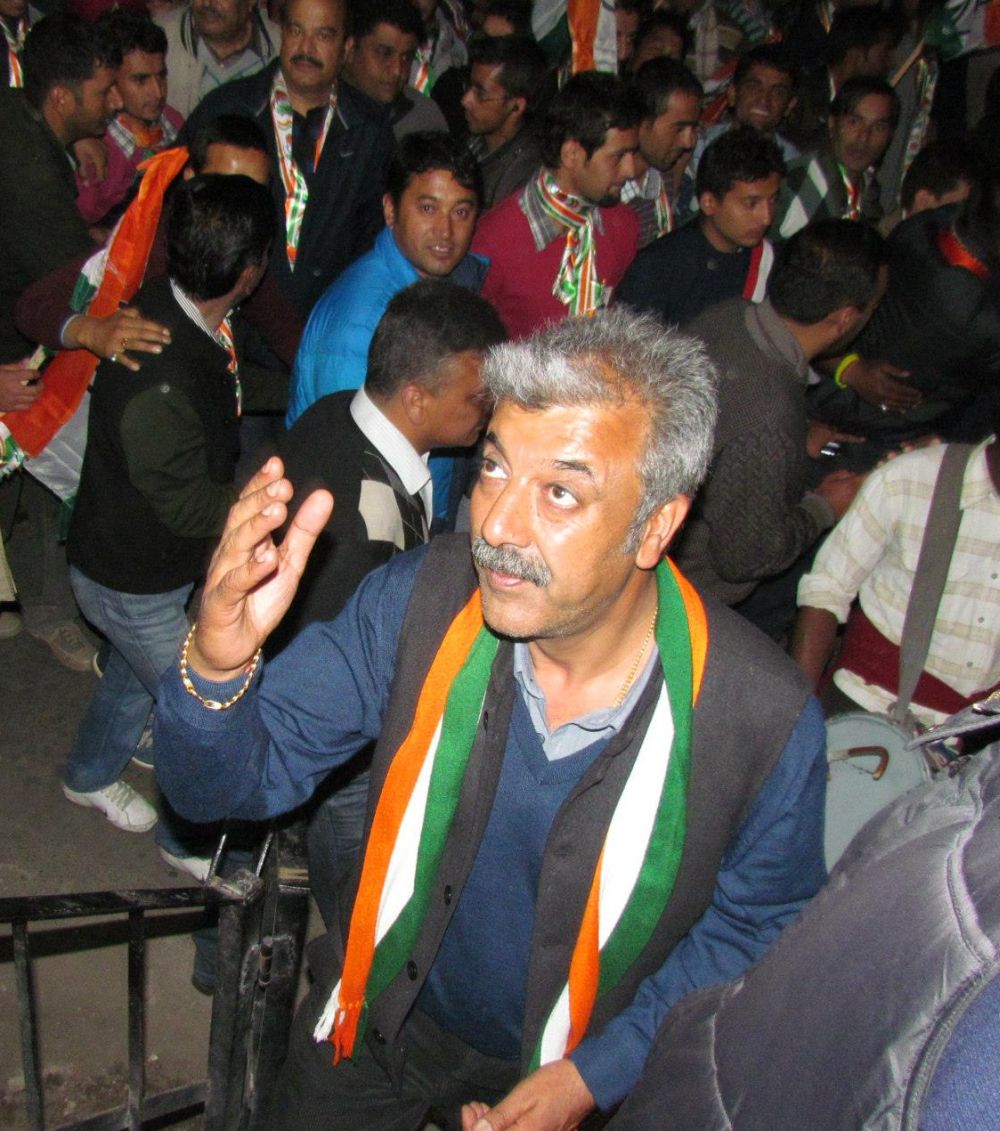District administration of capital Shimla has declared 22 spots as ‘silence zones’ in the city with a view to reduce noise pollution. These zones include areas near premises of hospital and educational institutes. The Pollution Control Board of Himachal Pradesh (HPPCB) along with Shimla Municipal Corporation and District administration will be responsible for monitoring these silence zones. HPPCB claims that no one would be allowed to breach the norms set for these zones.
For public in Himachal Pradesh is hardly aware about this form of pollution created by humans, their activities, and their mechanical inventions or machines. Administration and quality of education in schools is so poor that even capital Shimla failed to induce much awareness regarding improper waste disposal and littering. The civic bodies are reportedly burning garbage in open in absence of waste treatment facility. It is hard to believe that just declaring silence zones and placing sing boards would make any difference as public isn’t aware about noise pollution. Moreover, honking is a side-effect that comes with traffic woes in the city. Clearly, there is a need to launch awareness campaign to actually achieve results.
Taking note of the situation, in December last year, Himachal Pradesh Government was rebuked by the National Green Tribunal for its incapacity to take measures to control vehicular emission and noise levels. NGT had directed to take necessary steps, and even had suggested one-way formula for circular road to control noise pollution. An NGT bench had directed the government to mark “silence zones” and display sign boards at conspicuous places to curb unnecessary noise including horns.
“Definite steps are required to be taken at the earliest. If not taken now, the day is not far when ambient air quality of Shimla would deteriorate to an undesirable level, causing health hazards. It’s a matter of common knowledge that air and noise pollution, particularly in Shimla, is increasing by the day. Traffic congestion is one of the major contributors to such excessive pollution,” had said the NGT bench headed by Justice Swatanter Kumar
About Noise Pollution
Noise pollution consists of unwanted and unnatural sounds produced due to any reason that disturbs living creatures including wildlife.
As a slight hint, if some is exposed to noise pollution above 80 decibels for eight hours a day for about eight years, the subject can suffer permanent deafness.
Noise pollution also cast adverse impact on psychological aspects related to behavior. It compromises the mental health, thus, quality of life. Noise pollution causes hypertension, increase in stress levels, tinnitus, disturbance in sleep, irritation due to interference in communication etc. Also, hearing sensitivity decreases due to regular exposure to unwanted noise.
List of Places Declared as Silence Zones
Other than Raj Bhawan, HP High Court, IGMC, DD Hospital, Ripon, Kamla Nehru Child and Mother Hospital, Ayurvedic Hospital Chota Shimla, Sanitorium Hospital and Chora Maidan have been declared as silence zones.
Educational Institutes
Among educational institutes HP University, College of Excellence, Sanjauli, St. Bedes College, Nav Bahar, St Edwards School, near Talland, Loreto Convent, Tara Hall, Tibetan School, Chhota Shimla, Government School, Kusumpati, Government Senior Secondary School, Lakkar Bazar, Aukland Schools, RKMV College, Longwood, Shimla Public School, Khalini, Government School Titukandi, Government School, Baluganj have been declared as silence zones


